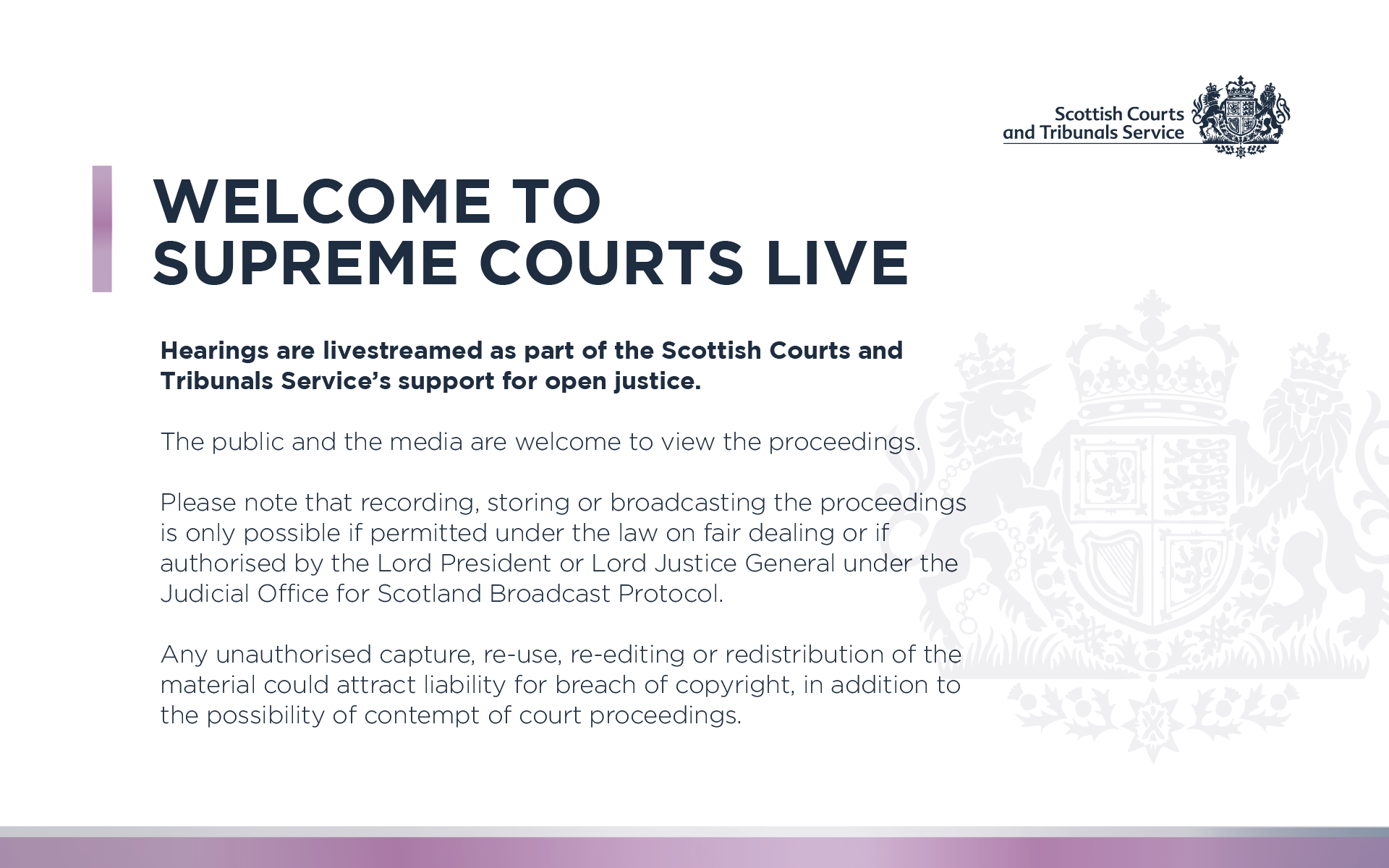Case description
This is an appeal under s 112 of the Courts Reform (Scotland) Act 2014 against a decision of the sheriff to order shared residency in respect of the parties’ children.
The parties married in 2016. They had three children, all of whom are under ten years of age. The parties lived together until 3 October 2022, when SN moved out of the family home.
SN raised the present action, seeking shared residence of the three children in terms of s 11(2)(c)(ii) of the Children (Scotland) Act 1995. He raised the action in Jedburgh Sheriff Court on 25 October 2022. In January 2023, the court made interim orders for shared residence. Broadly speaking, these were that the children were to spend alternate weeks with the appellant and the respondent. Apart from minor modifications, those care arrangements for the children have been in place ever since.
The parties made a number of complaints about one another’s behaviour. JN’s position was that shared residency was not in the children’s best interests because the parties were incapable of co-parenting. In the months prior to commencement of the proof (an evidential hearing) in November 2023, JN introduced averments into her pleadings (her written argument) that she had been raped by the respondent twice, once in February and once in April 2022.
On 13 March 2024, the sheriff issued his decision, which was that the care arrangements ought to continue, with additional arrangements for school holiday periods. In relation to the allegations of rape, he determined that these were not justiciable in the present proceedings. In other words, he considered that it was not appropriate for a decision by the courts. He determined on the basis of other evidence that the parties had managed to co-operate well.
The appellant appealed his decision to the Sheriff Appeal Court. She contended that: (i) the sheriff was wrong to reject the allegations of rape as not justiciable; and (ii) that he was wrong in failing to analyse how SN’s abuse of JN affected the children and how the re-traumatisation of JN arising from continued repeated and regular indirect contact with SN impacted her capacity to carry out her parental responsibilities.
The Sheriff Appeal Court remitted the appeal to the Inner House under s 112(2) of the Courts Reform (Scotland) Act 2014. In its note of reasons, the SAC noted that guidance from the Inner House was warranted in relation to the issue of how allegations of rape or abuse required to be treated in the context of family proceedings. Guidance was needed on the function of judicial case management when determining issues of relevancy prior to proof, and in relation to the correct approach to the evidence. Those issues were complex. Whether those complexities in fact existed in the present case would be determined after appeal. It was in the interests of expediency that the appeal be heard by the Inner House. It would bring finality to the decisions about the children’s care, rather than leave open the prospect of a second appeal.
The First Division will hear the appeal on Friday 30 August 2024.

